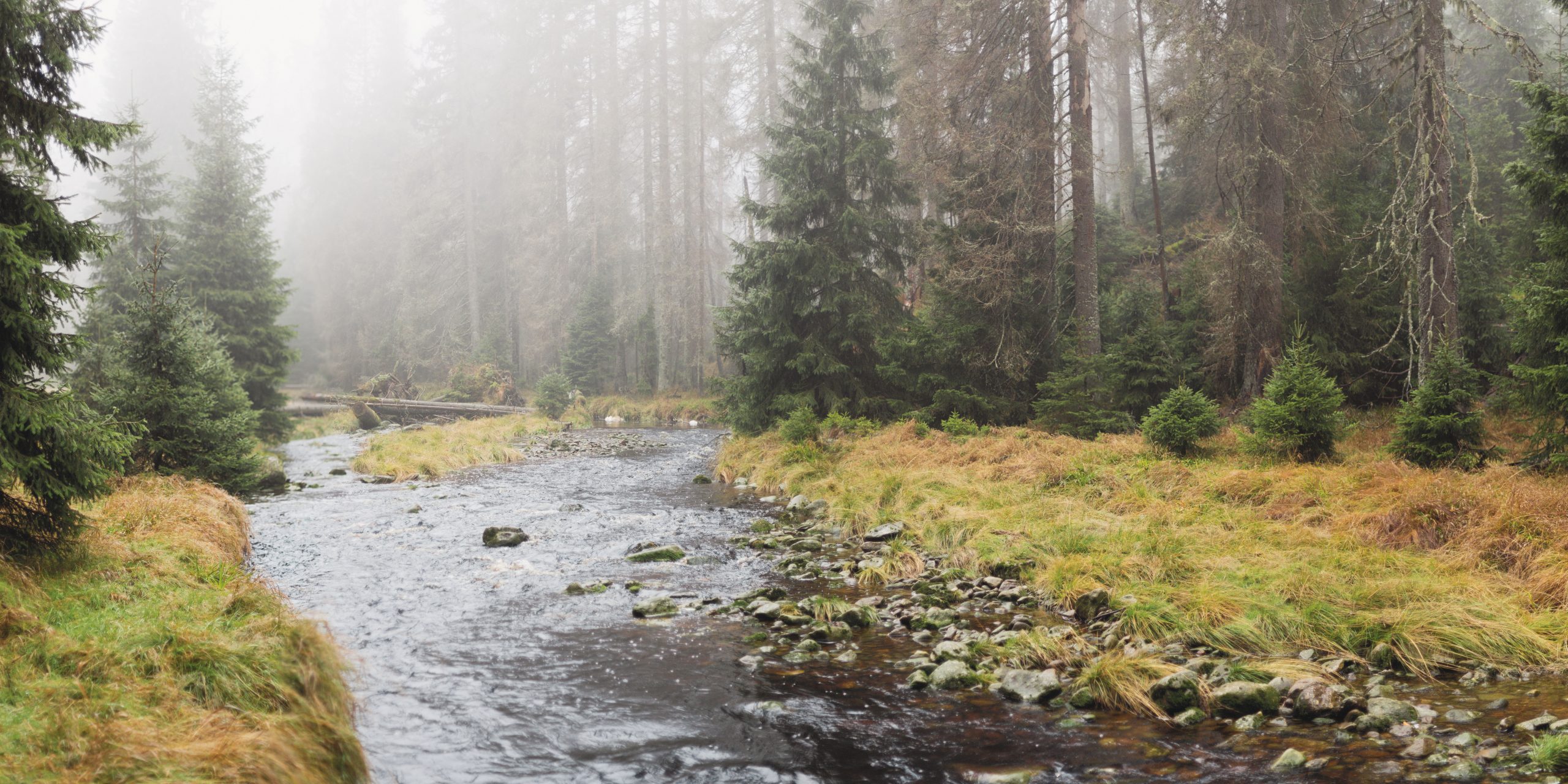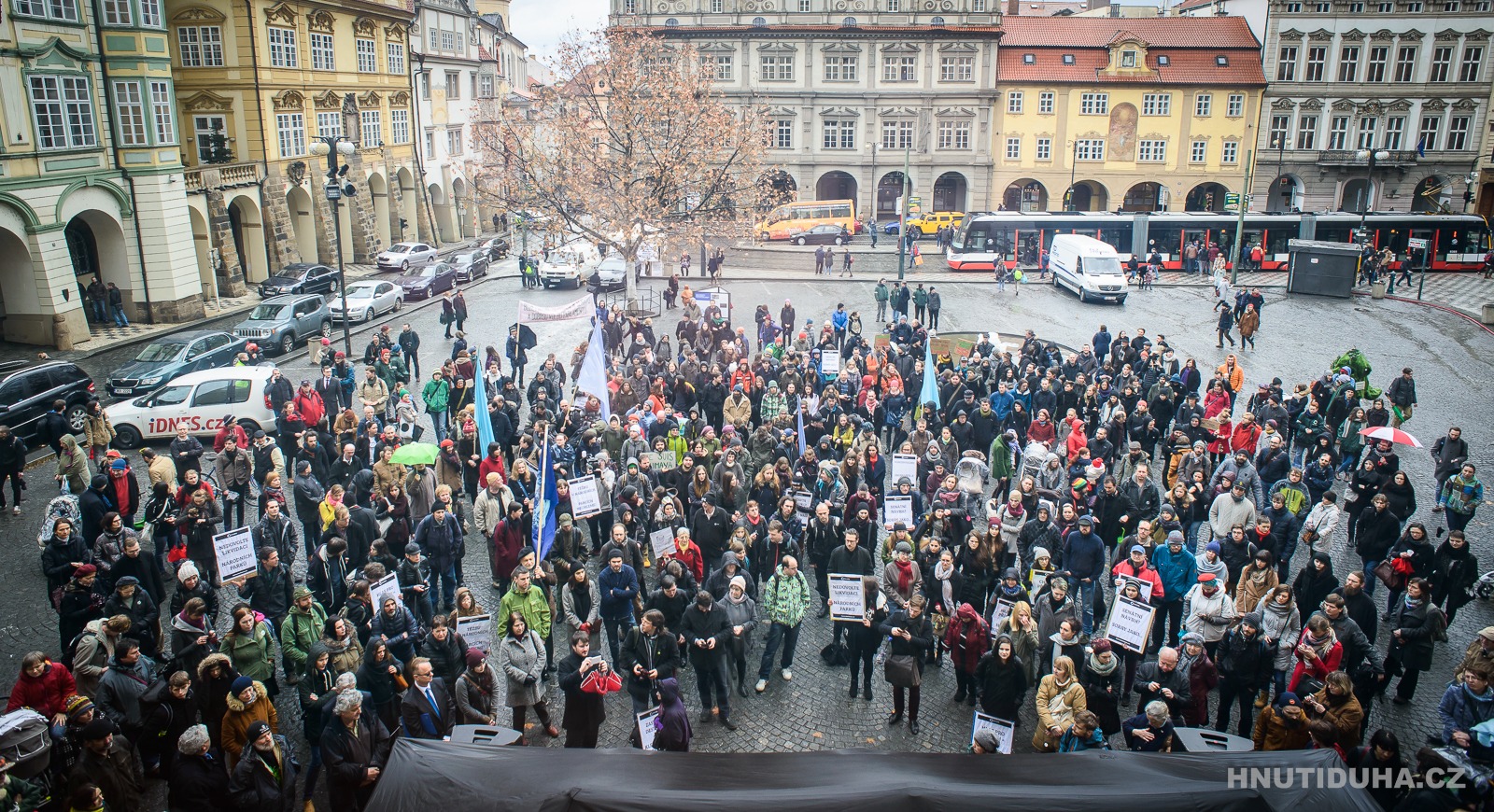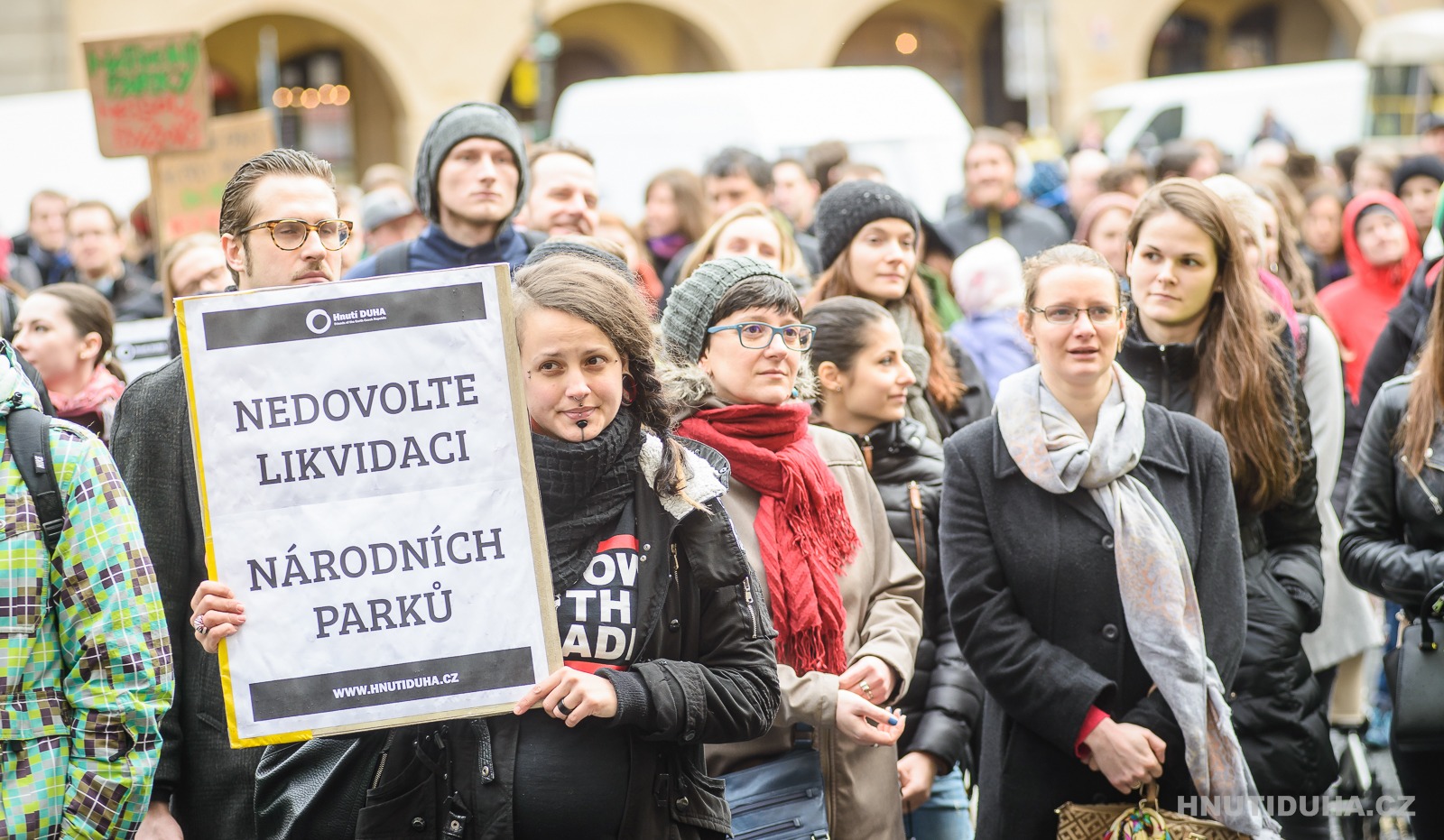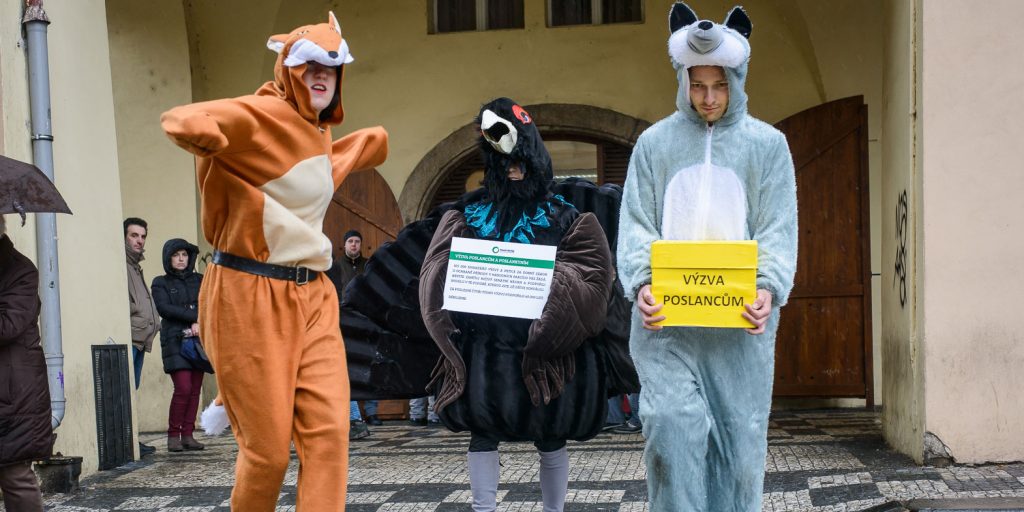Nature in the Czech Republic received a welcome boost earlier this month, as the Czech Parliament finalised a new law better protecting national parks from logging and construction – after Hnutí DUHA / Friends of the Earth Czech Republic’s ‘chci divocinu’ (‘I want wilderness’) campaign.
Hnutí DUHA has for the last 23 years campaigned for better protection of Czech wilderness areas, especially the Šumava forest, the largest national park in the Czech Republic and a Natura 2000 site protected under vital EU nature laws. Together with the neighbouring German Bavarian Forest National park, Šumava is a unique area of wild, mountainous, and largely uninhabited nature – the largest wilderness zone in central Europe. It is a crucial habitat for endangered species such as the capercaillie (wood grouse) and the lynx.

The main threats to this natural beauty spot have been the expansion of logging (particularly under the pretence of preventing the spread of the spruce bark beetle), and construction and tourism in the national park.
Hnutí DUHA has always advocated enlarging the areas untouched by logging and construction as key to protecting Šumava’s nature and wider Czech wilderness. Over the last six years, the campaign has shifted from direct actions to prevent logging, to discussions around amending the ‘Nature and Landscape Protection’ law that regulates the Czech Republic’s four national parks: Šumava, Krkonoše, Bohemian Switzerland and Podyjí .
Attempts to weaken this law and open up Šumava national park to logging, construction and commercial activities by the previous government and the Senate in 2012 and 2014 were successfully defeated by campaigning from Hnutí DUHA. Later in 2014, the incoming Minister of Environment, Mr. Richard Brabec, came with a new amendment that would completely change the protections for national parks.

Hnutí DUHA mobilised a huge public campaign to gather public and celebrity support for stronger wilderness protection, and they engaged in technical negotiations and drafted legal amendments with MPs.
It was a political seesaw. Good compromises were approved by MPs in December 2016, backing Hnutí DUHA’s demand that all national parks should have wilderness protected in over half of their area.
However, a spanner in the works came in January 2017, when the second Chamber of the Czech Senate suddenly introduced its own, deeply regressive amendment – which would have weakened restrictions on logging and construction. This amendment had the support of mayors and politicians from areas close to Šumava and of Czech President Milos Zeman, who threatened to veto the earlier stronger nature protections.

Fortunately, strong opposition stood against the Senate’s and President’s threats. In just four weeks, 50,000 people called on MPs to back strong wilderness protections. More than 400 scientists, universities, experts, and national and international environmental NGOs supported the campaign and signed the letters to Czech MPs. Celebrity actors, singers and musicians joined the public chorus – as well as some civil associations and municipalities from Šumava.
The civil pressure came to a head on 21st February 2017, with a demonstration in front of the House of Parliament in Prague. The public appeal was delivered to four representatives of the Chamber of Deputies, in front of over 400 people.
On March 1st, the Czech Parliament bowed to the public appeal, refused the Senate amendment, and reinstated the original good version. The law was eventually finalised after MPs voted down the President’s veto on April 4th – stating for the first time that national parks should primarily protect wilderness on more than one half of their area (though there is no timeline given to achieve this). It also bans the selling of state land in national parks, which should reduce pressure from new construction.
This drew an end to six long years of campaigning from Hnutí DUHA and its partners, and lays the ground for the next steps: negotiations over the exact location and size of the wilderness zones in the national parks. It represents another huge success for the protection of the unique Šumava nature hotspot – and for Czech and European nature more widely.







